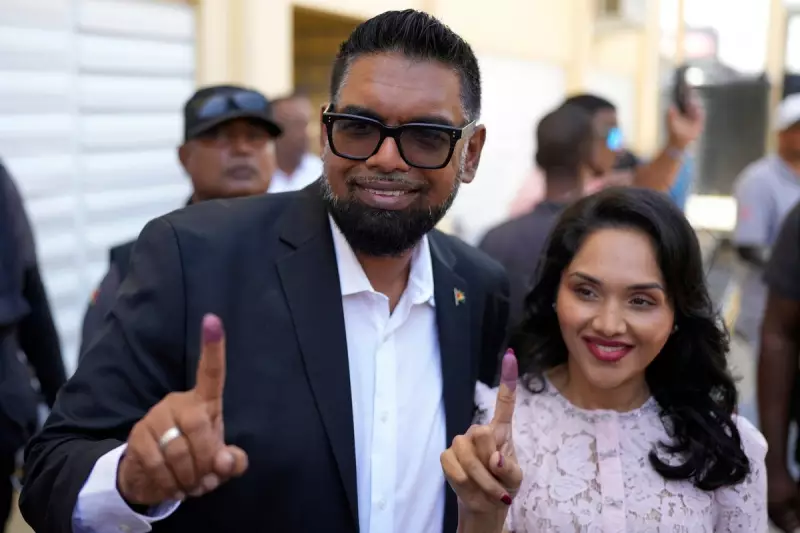
In a decisive move that underscores its commitment to international law, Guyana's parliament has unanimously thrown its weight behind the International Court of Justice (ICJ) to settle a long-standing and increasingly tense border dispute with its neighbour, Venezuela.
The vote, held in the capital Georgetown, signals a firm and unified national stance against Venezuela's renewed claims over the vast, resource-rich Essequibo region—an area constituting two-thirds of Guyana's territory.
A Unanimous Stand for Sovereignty
Lawmakers from across the political spectrum set aside partisan differences to pass the motion, a powerful demonstration of national unity in the face of external pressure. The government-sponsored motion explicitly supports the ICJ as the rightful body to deliver a final and binding judgement on the validity of the 1899 arbitral award that established the current border.
This parliamentary action comes directly on the heels of a national referendum in Venezuela, where voters allegedly approved the creation of a new state within the disputed Essequibo region. Guyana has condemned the referendum and its subsequent actions as a blatant threat to its sovereignty.
The Stakes: Oil, Territory, and Regional Stability
At the heart of the conflict is the economically critical Essequibo region, a territory of nearly 160,000 square kilometres. Recent major offshore oil discoveries by ExxonMobil have catapulted Guyana's economy to one of the world's fastest-growing, transforming the geopolitical significance of the dispute.
Venezuela's aggressive posturing, including orders for oil companies to cease operations in the contested waters, has raised alarm bells internationally, threatening not only regional stability but also global energy markets.
The International Court of Justice Steps In
The ICJ, the United Nations' principal judicial organ, is currently presiding over the case. While Caracas has thus far rejected the court's jurisdiction, Georgetown is pursuing a legal and diplomatic path, seeking a peaceful and lawful resolution to the century-old controversy.
Guyana's strategic decision to fully endorse the ICJ process reinforces its position as a nation dedicated to the rule of law and contrasts sharply with Venezuela's more confrontational approach. The world now watches closely as this legal drama unfolds, with significant implications for international law and South American politics.





